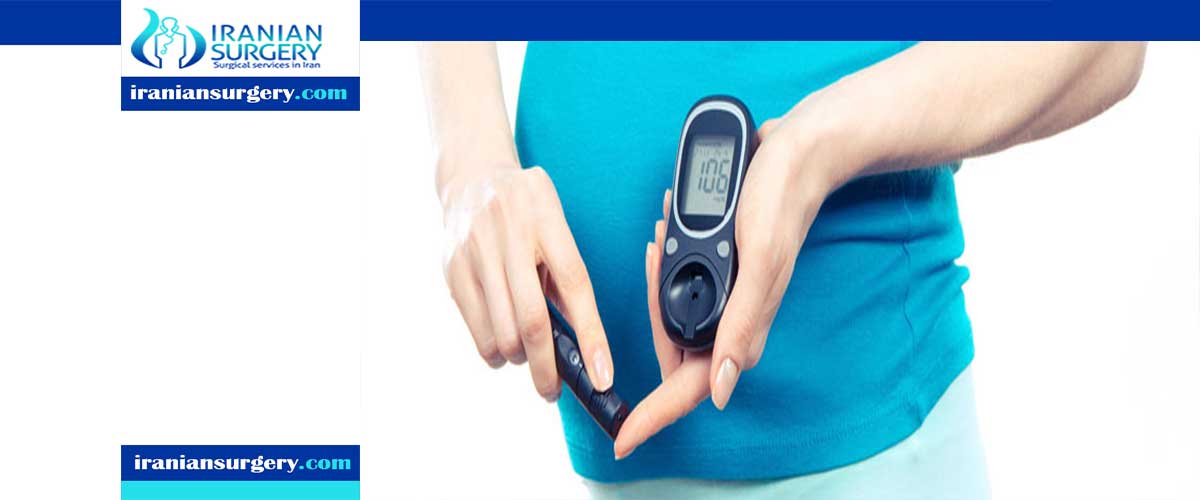gestational diabetes treatments
Because gestational diabetes can hurt you and your baby, it is critical to start treatment quickly.
Treatment for gestational diabetes aims to keep blood glucose levels equal to those of pregnant women who don't have gestational diabetes. The treatment always includes special meal plans and scheduled physical activity, and it may also include daily blood glucose testing and insulin injections.
A healthy diet
Making changes to your diet can help control your blood sugar levels.
You should be referred to a dietitian, who can give you advice about your diet and how to plan healthy meals.
You may be advised to:
- eat regularly – usually three meals a day – and avoid skipping meals
- eat starchy and low glycaemic index (GI) foods that release sugar slowly – such as wholewheat pasta, brown rice, granary bread, all-bran cereals, pulses, beans, lentils, muesli and plain porridge
- eat plenty of fruit and vegetables – aim for at least 5 portions a day
- avoid sugary foods – you do not need a completely sugar-free diet, but swap snacks such as cakes and biscuits for healthier alternatives such as fruit, nuts and seeds
- avoid sugary drinks – diet or sugar-free drinks are better than sugary versions. Fruit juices and smoothies can also be high in sugar, and so can some "no added sugar" drinks, so check the nutrition label or ask your health care team
- eat lean sources of protein, such as fish
It's also important to be aware of foods to avoid during pregnancy, such as certain types of fish and cheese.
Exercise
Regular exercise allows your body to use glucose without extra insulin. This helps combat insulin resistance and is what makes exercise helpful to people with diabetes. However, it is important to check with your doctor before starting an exercise program.
Medicine
You may be given medicine if your blood sugar levels are still not well controlled 1 to 2 weeks after changing your diet and exercising regularly, or if your blood sugar level is very high. This may be tablets – usually metformin – or insulin injections.
Your blood sugar levels can increase as your pregnancy progresses, so even if they are well controlled at first, you may need to take medicine later in pregnancy.
You can usually stop taking these medicines after you give birth.
10 common questions about Gestational diabetes treatments
[kkstarratings]



